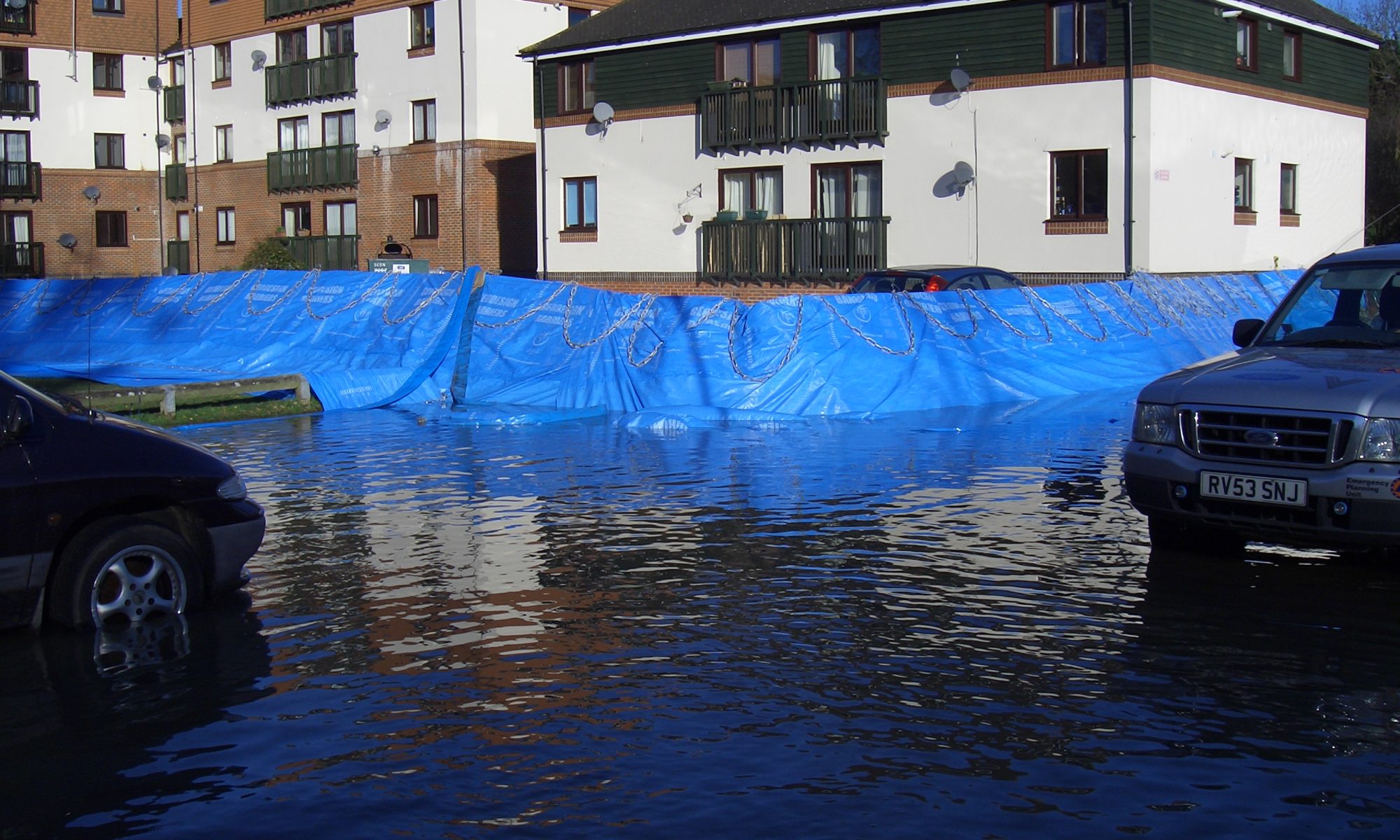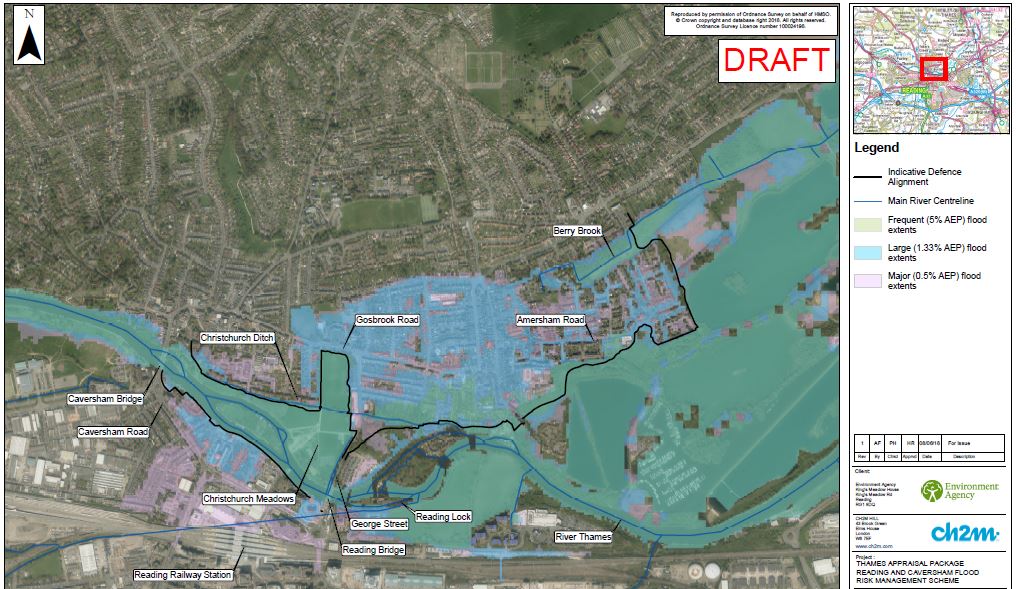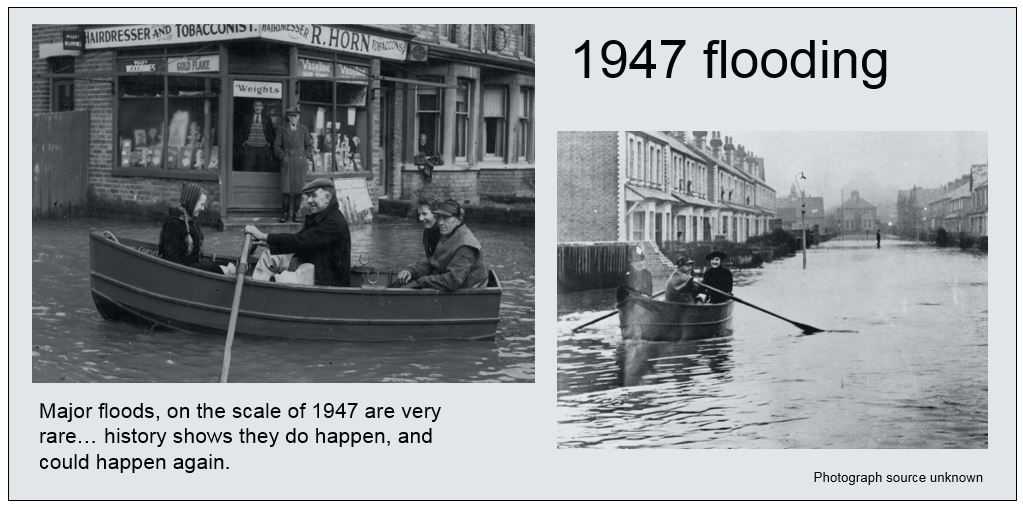
Come and join us at the Reading Town Meal on Saturday 29th September. We are going to use this as an opportunity to launch our new website and the revised Reading Climate Change strategy.
Please do come and find us on one of the stalls. You can find out more about our aims for the next couple of years, and find out how you can get involved.
and there’s still time to sign up and help with this year’s meal. Can you provide some excess vegetables from your garden? help to collect equipment and supplies? help on the day? see the main town meal website for more options and to sign up




